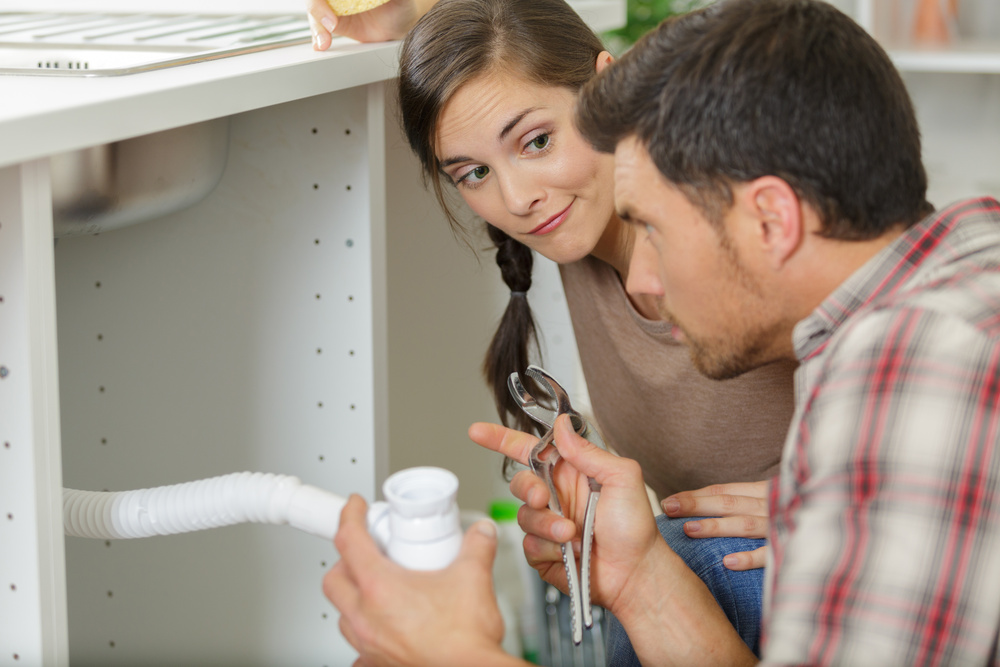Kitchen plumbing problems are common, and every house owner experiences one now and then. If you want your systems to last long, you must maintain them regularly. If the problems are severe, you need to call your plumber to check the system professionally. They might uncover severe issues that could eventually become a nuisance if not handled expertly.
Fortunately, you can take care of most minor problems yourself. If minor problems such as clogged drains or pipe leakage arise, you can fix them quickly and easily. Below are some helpful maintenance tips for your kitchen plumbing.
1. Check Your Fridge Water Connection Plumbing
No doubt a plumbed fridge is luxurious, but before you go for one, it’s best to understand how the connection is set. First, consider the available space since squeezing it into a corner would destroy some critical components. You’ll also need enough room for water fittings such as the valve, filter, and a mini stop top. It also needs enough space to aerate; otherwise, it’ll overheat.
For such reasons, you’d better learn some tips on plumbing your fridge. You’ll be prepared to handle any maintenance-related issues if you have a working knowledge of the setup. Better yet, working with a professional plumber helps avoid causing havoc in your kitchen.
2. Mind What Goes Into The Drains
The first sign of clogged drains is slow water movement into the sink pipes. Such clogs are caused by objects stuck within the passages. For instance, food remains, like bones, can quickly accumulate and entangle with other debris, hindering the smooth flow of water. These food remains should go into your kitchen refuse bin, not the sink. Thus, you need to scrape off the food in the dustbin before washing the utensils in the dishwasher or sink.
If you suspect that the cause of the clog is food particles, remove the filter and peep inside the pipes. You can use a drain snake to remove the blockage. For this method, you should proceed cautiously, as this can damage old pipes.
Another notorious cause of the clog could be grease and fat from the cooking pots. It forms a thick substance that eventually blocks the pipes causing slow water drains. However, if you regularly pour hot water into the sink, it can help wash it out and thus reduce the rate of clogging.
3. Insulate Your Pipes
During winter, your pipes could be affected by cold temperatures. If you don’t insulate your pipes, they will end up freezing. The pressure from frozen pipes can lead to a pipe burst which involves costly repairs.
Especially for pipes exposed to weather elements, it’d be best to insulate them. Talk to your plumber about the proper insulation for your pipes to avoid unnecessary issues. They’ll recommend insulation products like foam. Alternatively, you can use fiberglass or rubber. All these will help prevent your pipes from freezing during the cold weather.

4. Inspect Leakages Regularly
A plumbing inspection is a preventive measure that checks the condition of your plumbing system. You can stay on top of plumbing problems by regularly inspecting your pipes for leakages. Some telltale signs of pipe leakages include the following:
- Corroded and rusted pipes
- Warping and water droplets on the pipes
- Visible mold and mildew
- Skyrocketing water bills
- Musty smelling rooms
- Wet spots
Frequently inspecting your plumbing system can alert you of leakages. Remember, if the damage is severe, you’ll incur other expenses like replacing a ceiling. As such, it’s essential to act fast once you notice leakages. Call your plumber to assess the situation and advise on immediate action.
5. Clean Your Faucet Aerator
Keeping your faucet aerator clean can reduce the risk of having plumbing problems. Over time, lime and soil sediment buildup may block the aerator. The buildup results in low pressure or water leakages through your tap handle. Thus, it’s essential to clean it frequently. To do this, carefully unscrew the faucet, and use a brush to remove the sediment.
6. Avoid Chemical Drain Cleaner
Don’t use a chemical drainer when you have a slow-draining sink. Some contain harmful chemicals that can corrode your drain pipes, weakening or breaking them. You’ll also have leakage problems over time with repetitive use. Thus, it’d be best to use your DIY plumbing tools instead of grabbing the chemical drain cleaner. Some essential tools you’d want to have in your kit include the following:
- Plunger
- Caulk gun
- Pipe cutters
- Adjustable wrenches
- Auger
As noted earlier, with some basic knowledge of your drainage system, you can repair some common plumbing issues. On that note, having the right tools for the job is essential, as this reduces the chances of creating more havoc.
Conclusion
It’s possible to reduce your kitchen plumbing issues with an excellent understanding of home drainage systems. The appropriate plumbing tools can help you solve typical maintenance issues. By inspecting your plumbing system regularly, you can detect any anomalies before they spiral out of control. Nevertheless, remember to enlist professional help for matters beyond your technical know-how.

